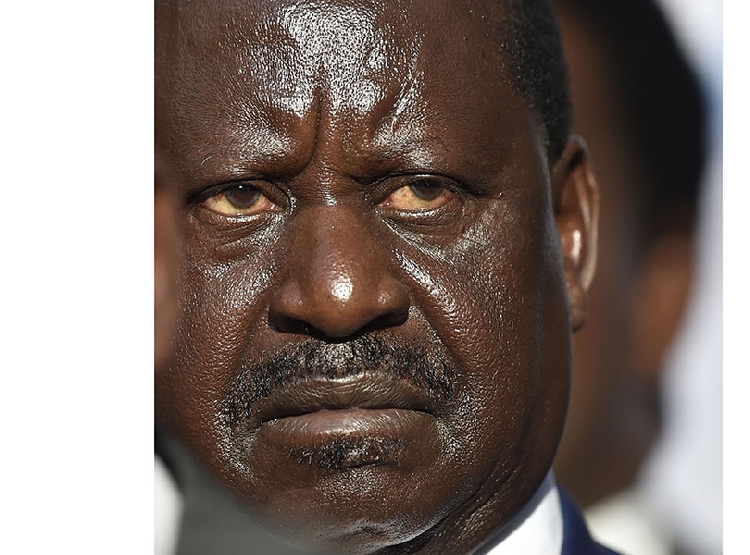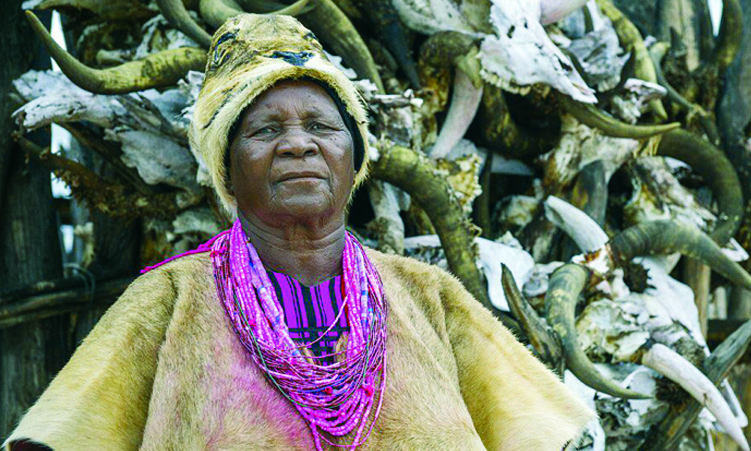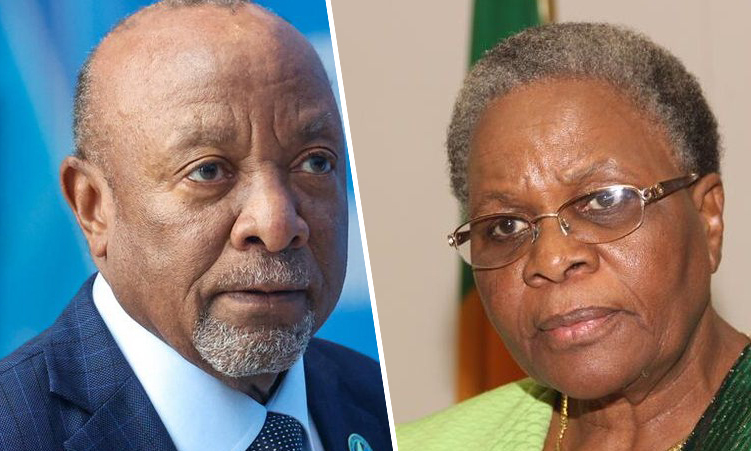• Dominic BurbidgeThe leader of Kenya’s opposition coalition, Raila Odinga, has withdrawn from the repeat presidential election ordered by the country’s Supreme Court.
Only two candidates were scheduled to compete, the other being the incumbent president, Uhuru Kenyatta.
A day after Odinga’s withdrawal, the Kenyan High Court ruled in favour of including another presidential candidate on the ballot, meaning that the election is now likely to go ahead. The new candidate, Ekuru Aukot, was an interested party in the Supreme Court case that invalidated the 8 August election.
Odinga’s pullout came in protest at the perceived inability of the Independent Electoral and Boundaries Commission (IEBC) to carry out a free and fair election.
In a recent petition to the Supreme Court, his National Super Alliance (Nasa) accused the commission of having failed in its duties to conduct an election, and demonstrated evidence of irregularities such as missing and forged electoral forms.
The Supreme Court found in favour of the opposition coalition, and fresh elections were scheduled within 60 days.
While there is consistency to Odinga’s distrust of the electoral commission, his position holds no legal consistency. The opposition petitioned the Supreme Court and should therefore abide by its ruling.
The court found that the commission failed to conduct the election appropriately, but that there were no grounds for saying Kenyatta’s coalition, the Jubilee Alliance, had been the ones to rig it.
Odinga’s coalition got the result they wanted. They should therefore have stood by the ruling and continued to follow constitutional channels. By withdrawing, Odinga is terminating the country’s democratic processes. If the need for IEBC reform was enough reason to delay the election further, a case could have been brought to the Supreme Court on this basis.
The IEBC was created by the constitution, meaning its duty to conduct free and fair elections is a democratic fundamental. As such, political opposition to its operations has a clear legal remedy. Instead, Odinga’s abandonment of the process has handed legal credibility to his rivals.
Kenya is in uncharted territory. The group that sought free and fair elections through lawful means has now abandoned trust in the constitutional commission set up to bring about the poll.
In making the decision, Odinga has also signed his political death sentence.
Odinga has had a lot of practice over many years in navigating the difficult path between acting according to the rules of the system and opposing manipulation of those rules.
In 2002, he joined a broader inter-ethnic coalition to force leadership away from the Kenya African National Union (Kanu).
In power since independence in 1963, Kanu had consistently thwarted the emergence of free and fair elections in Kenya in the 1990s under president Daniel arap Moi. But those who initially spearheaded the inter-ethnic alliance also seemed to abuse the system to their advantage in the 2007 elections.
Odinga led popular protests against the swearing-in of president Mwai Kibaki in complaint. The stand-off plunged the country into one of its worst periods of political violence, with over 1 000 dead and hundreds of thousands internally displaced.
In 2013, Odinga took the disputed election results to the courts. But the Supreme Court allowed Kenyatta’s election to stand.
Many therefore felt Odinga had finally got the democracy he’d fought for when the Supreme Court invalidated the 2017 results. But that conclusion appears to have been premature. Odinga’s exit from the democratic process means opposition supporters’ faith in the system is at the point of collapse.
Odinga has been consistent in his criticism of the electoral commission. And he has acted in a principled way. He should be praised for both.
Indeed, the failure of the electoral commission dates back as far as the constitutional referendum in 2010. A British court found that electoral commissioners accepted bribes from a UK firm to win the contract for printing ballot papers.
In the 2017 elections, the accusation was that the local tallies did not match the central tallies being received electronically in Nairobi. The physical forms that would have reconciled the differences were then said to have been lost.
Despite the failure to conduct this year’s election appropriately, the electoral commission chairperson refused to stand down, reducing public credibility in the institution.
The Nasa coalition has tried to substantiate its position. Technically speaking, they say, their withdrawal means no election can take place, and so a complete new election should be organised.
But such a legal argument is fanciful. It is based on a misreading of article 138 (8) (b) of Kenya’s constitution which says a complete new election must be organised if one of the candidates dies during the campaign period.
The Nasa coalition argue that their withdrawal is an abandonment forced by the failure of the electoral commission, and therefore tantamount to the death of a leader during the campaign period.
If they believe this is a solid legal argument, they can again petition the courts to invalidate the preparations for the fresh elections. But the legal argument is weak.
The twist that Nasa did not expect was the High Court ruling that a minor candidate is allowed to take the place of Odinga. That will mean an election that gives greater validity to Kenyatta’s inevitable victory – an enormous blow to Odinga’s strategy.
Stay informed with The Namibian – your source for credible journalism. Get in-depth reporting and opinions for
only N$85 a month. Invest in journalism, invest in democracy –
Subscribe Now!






